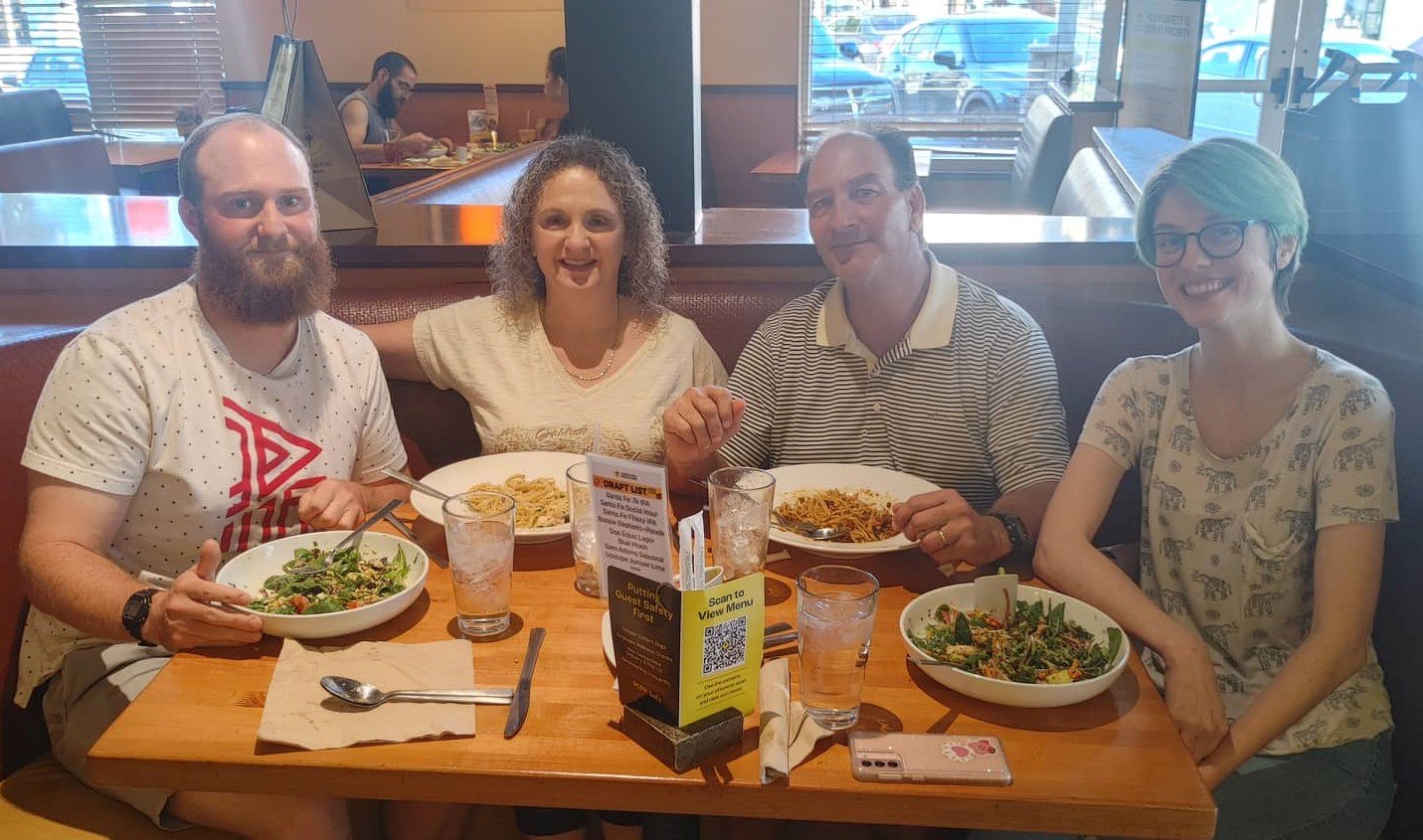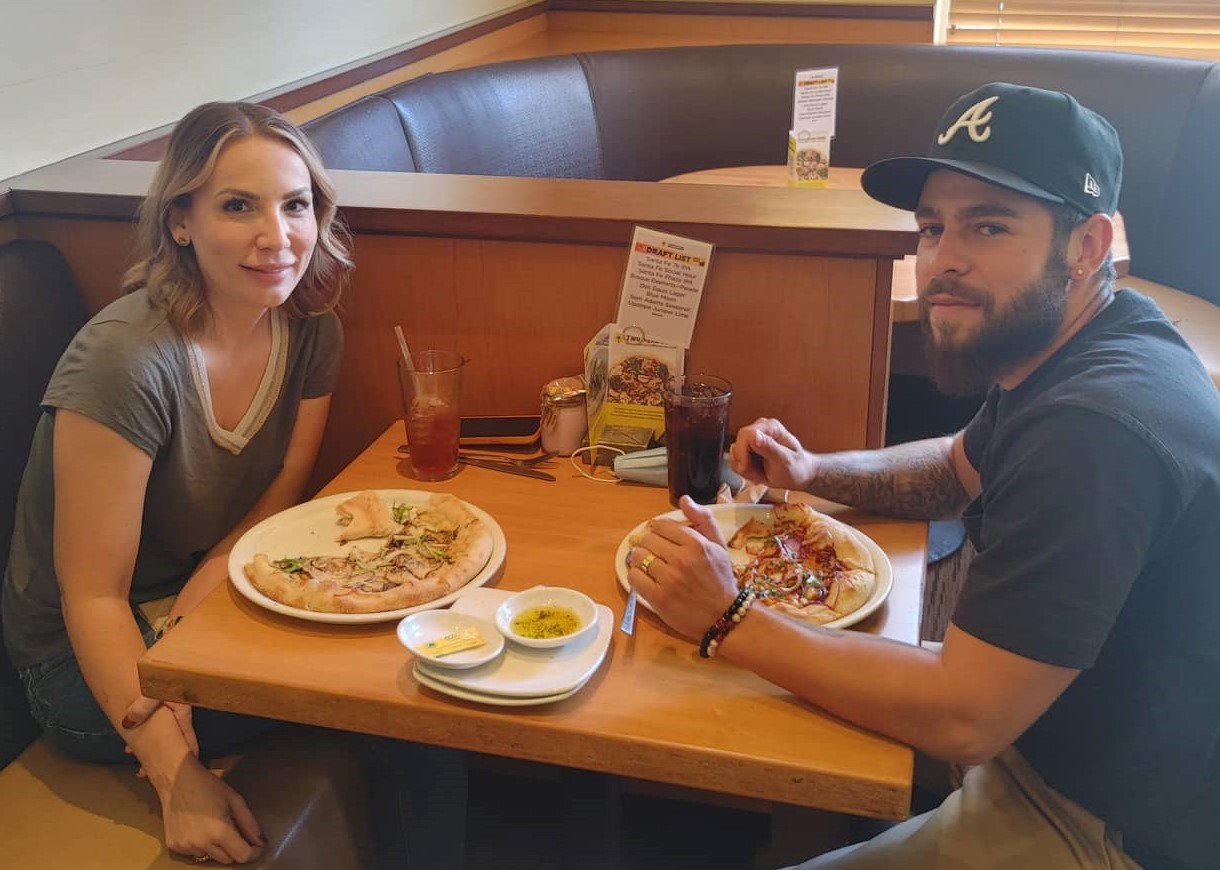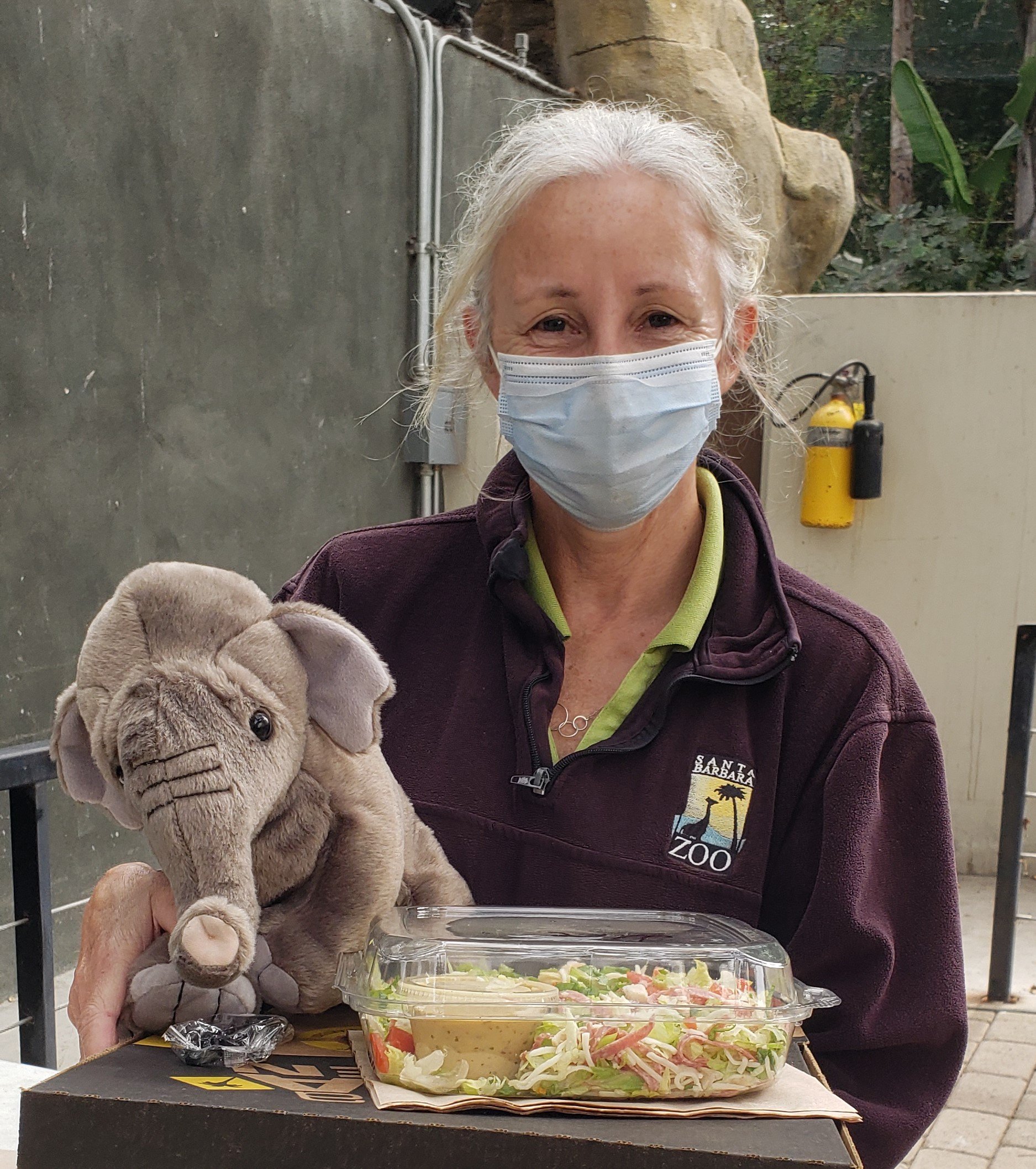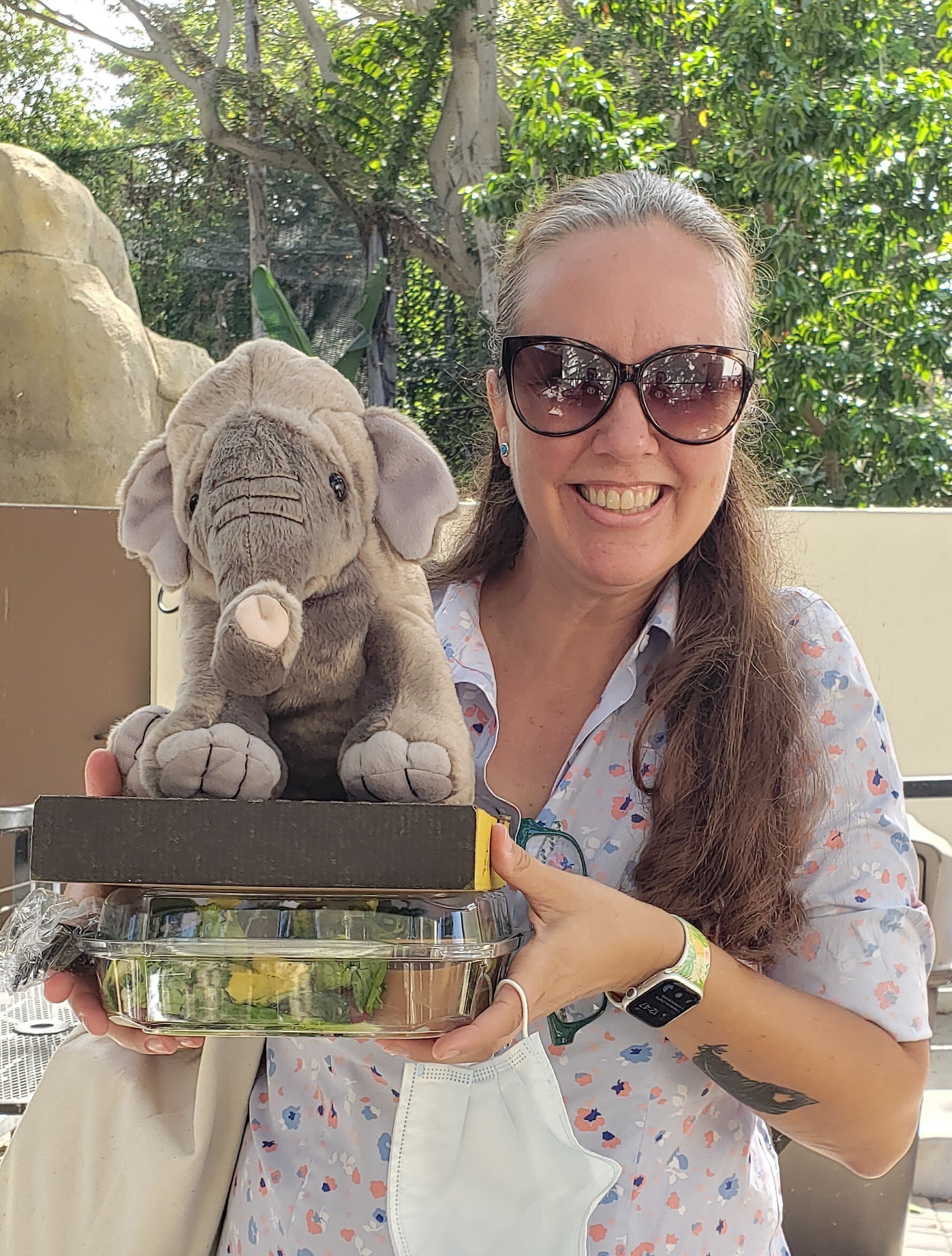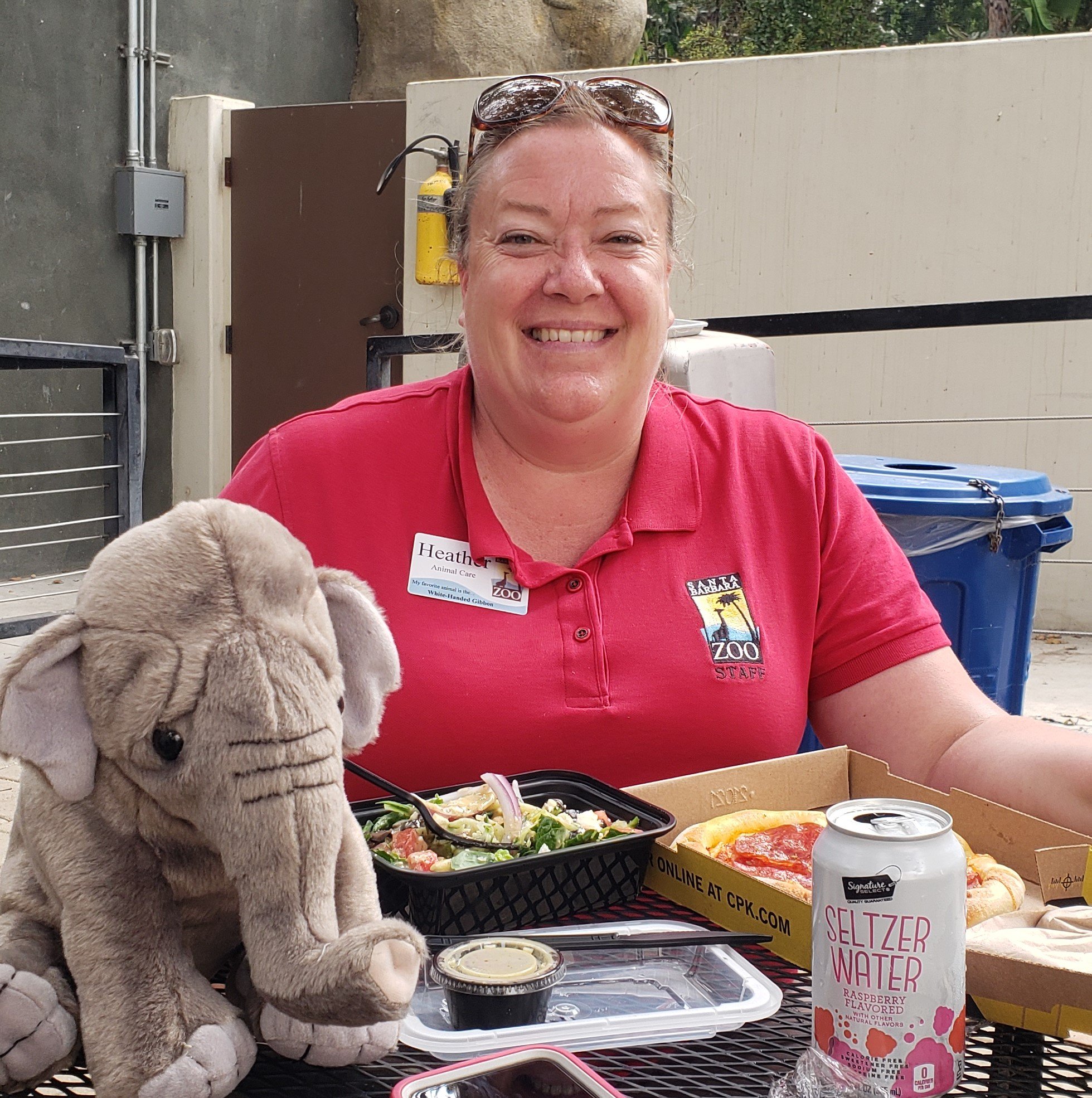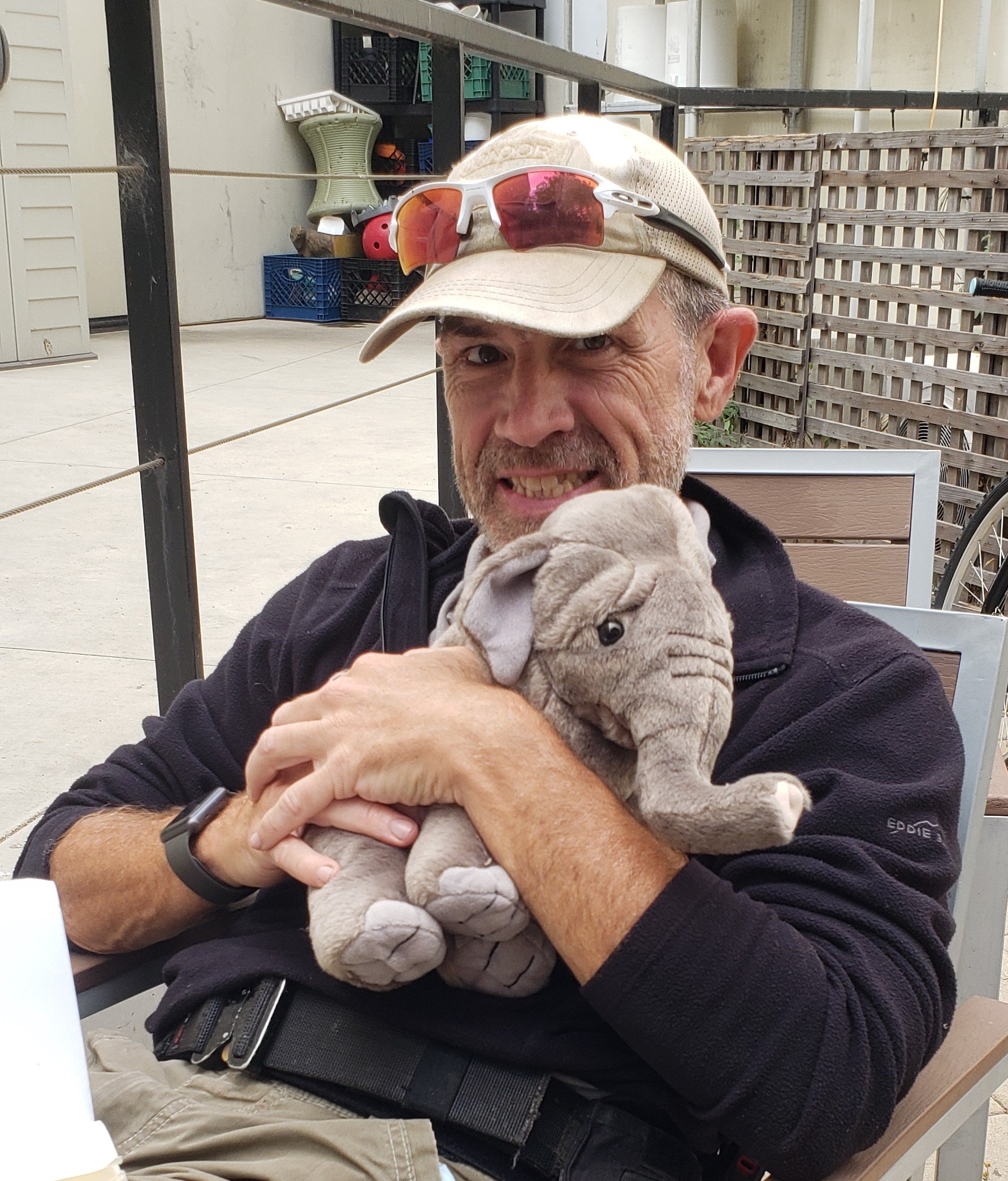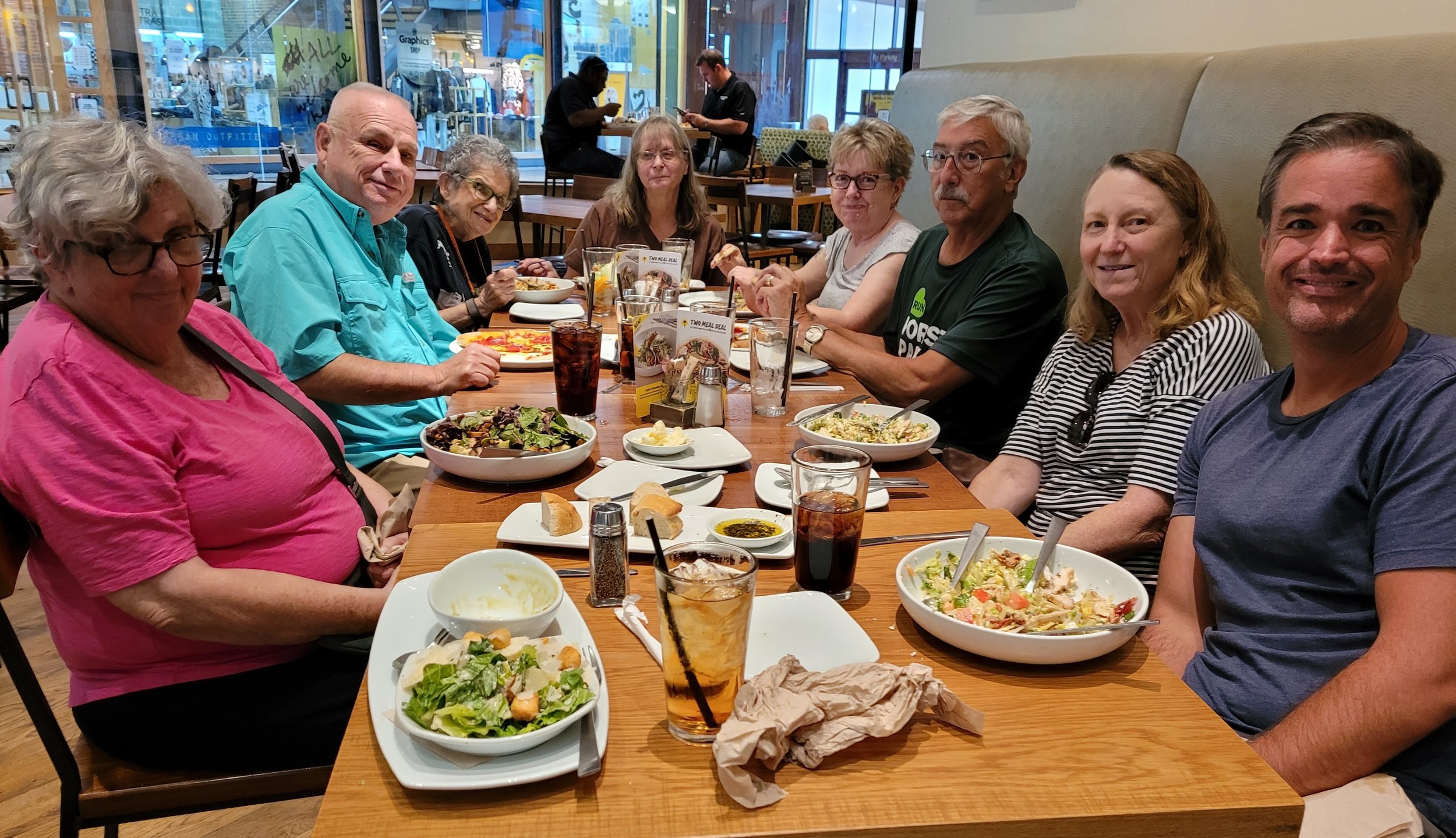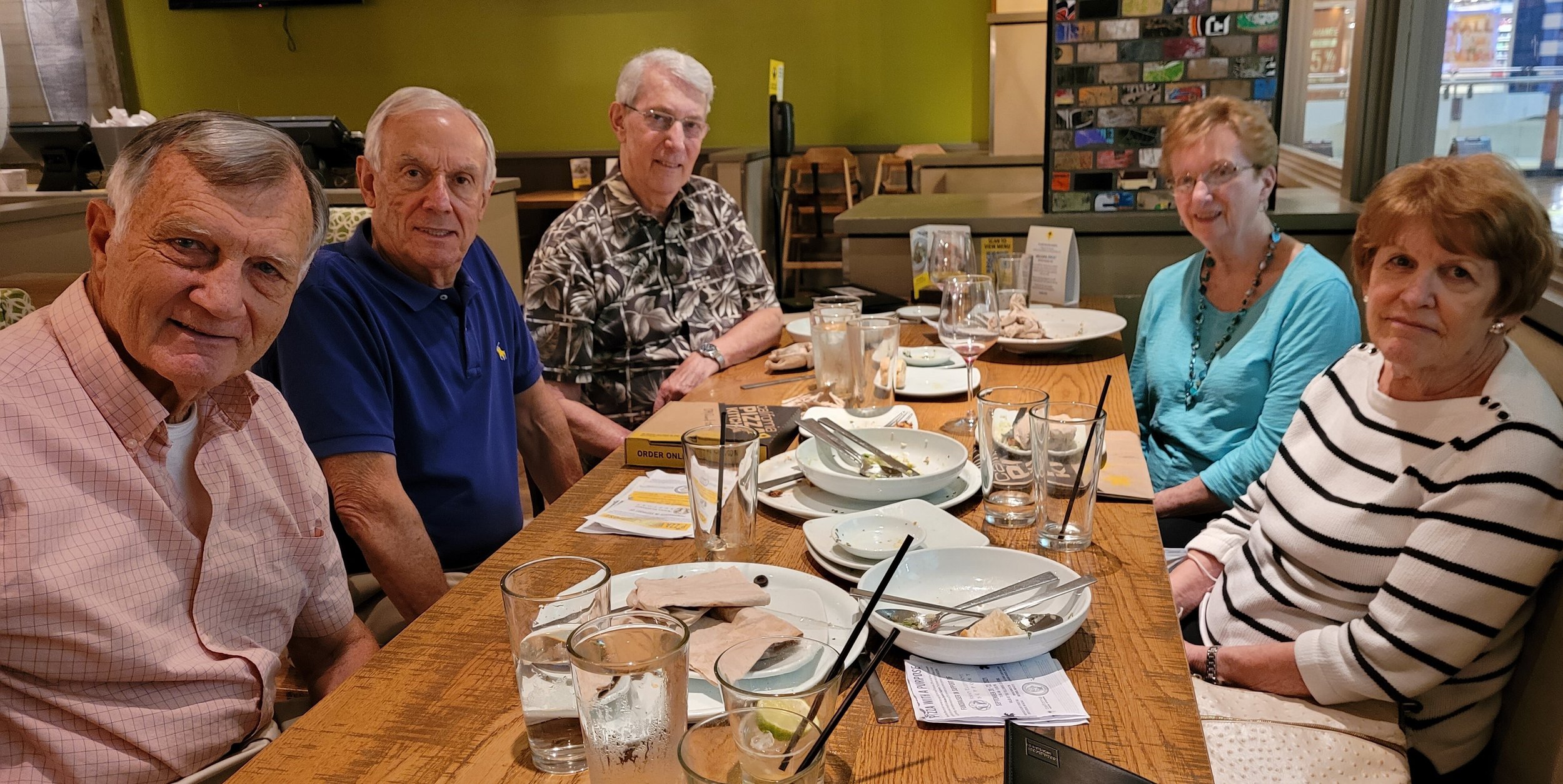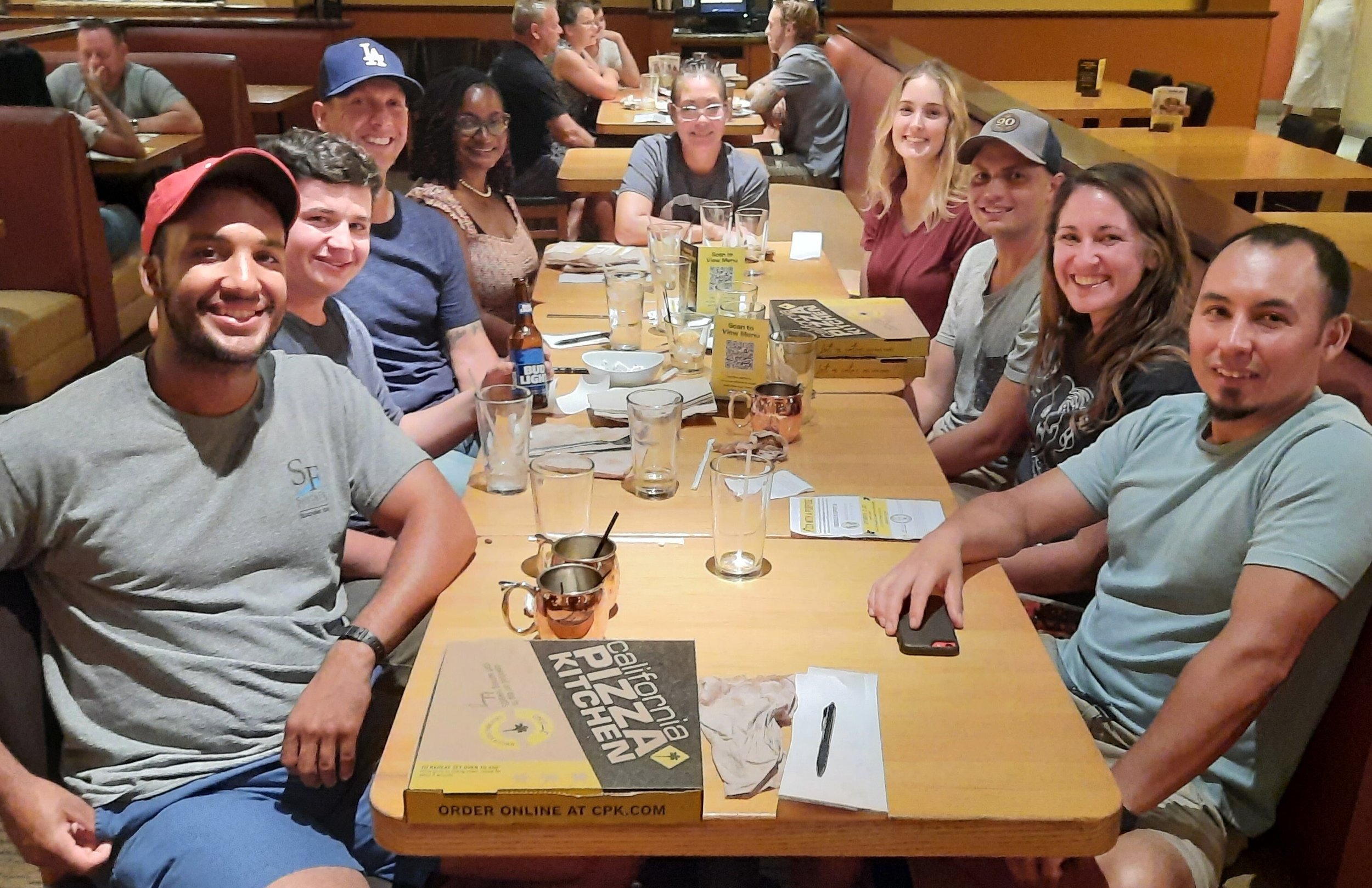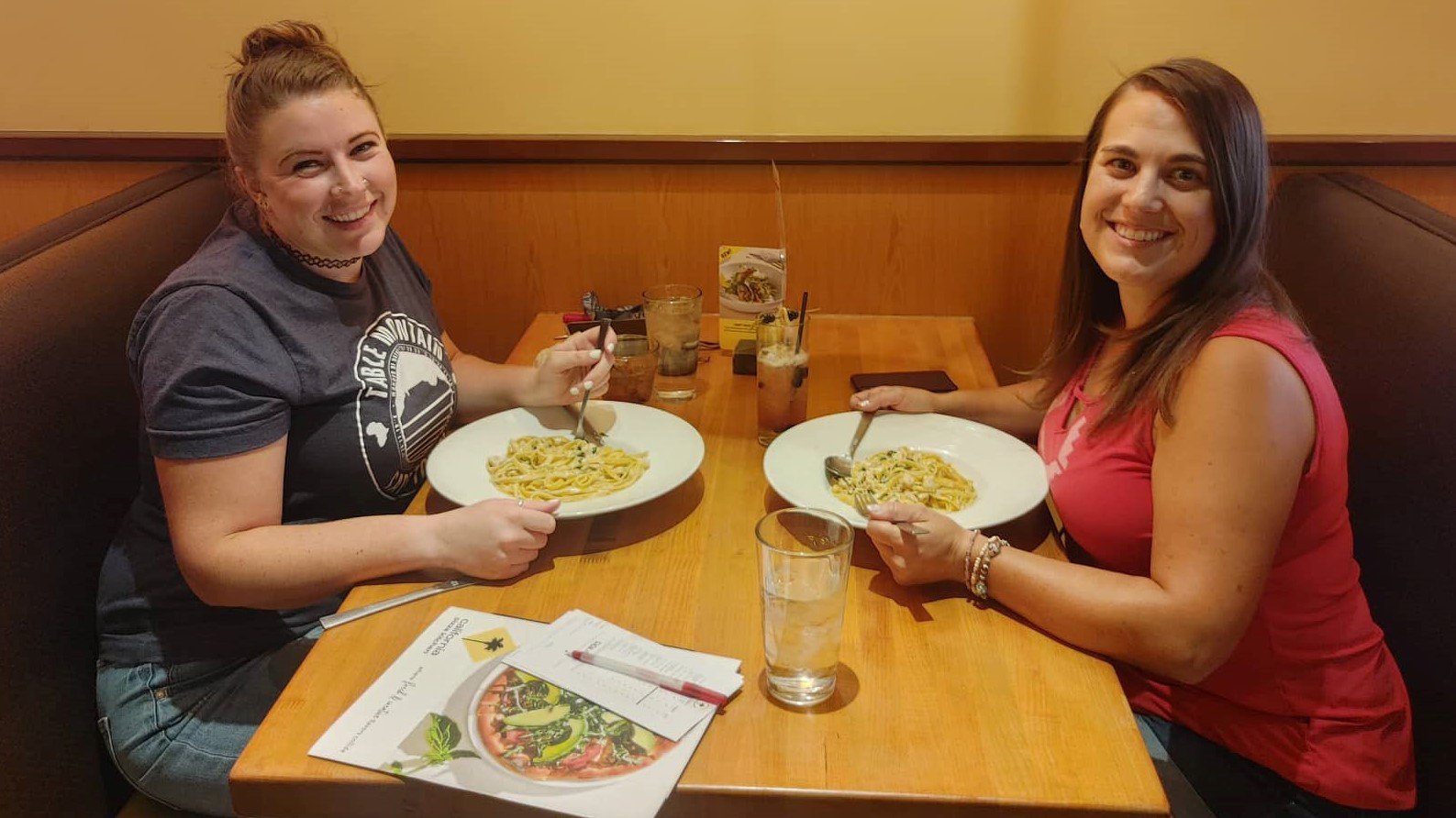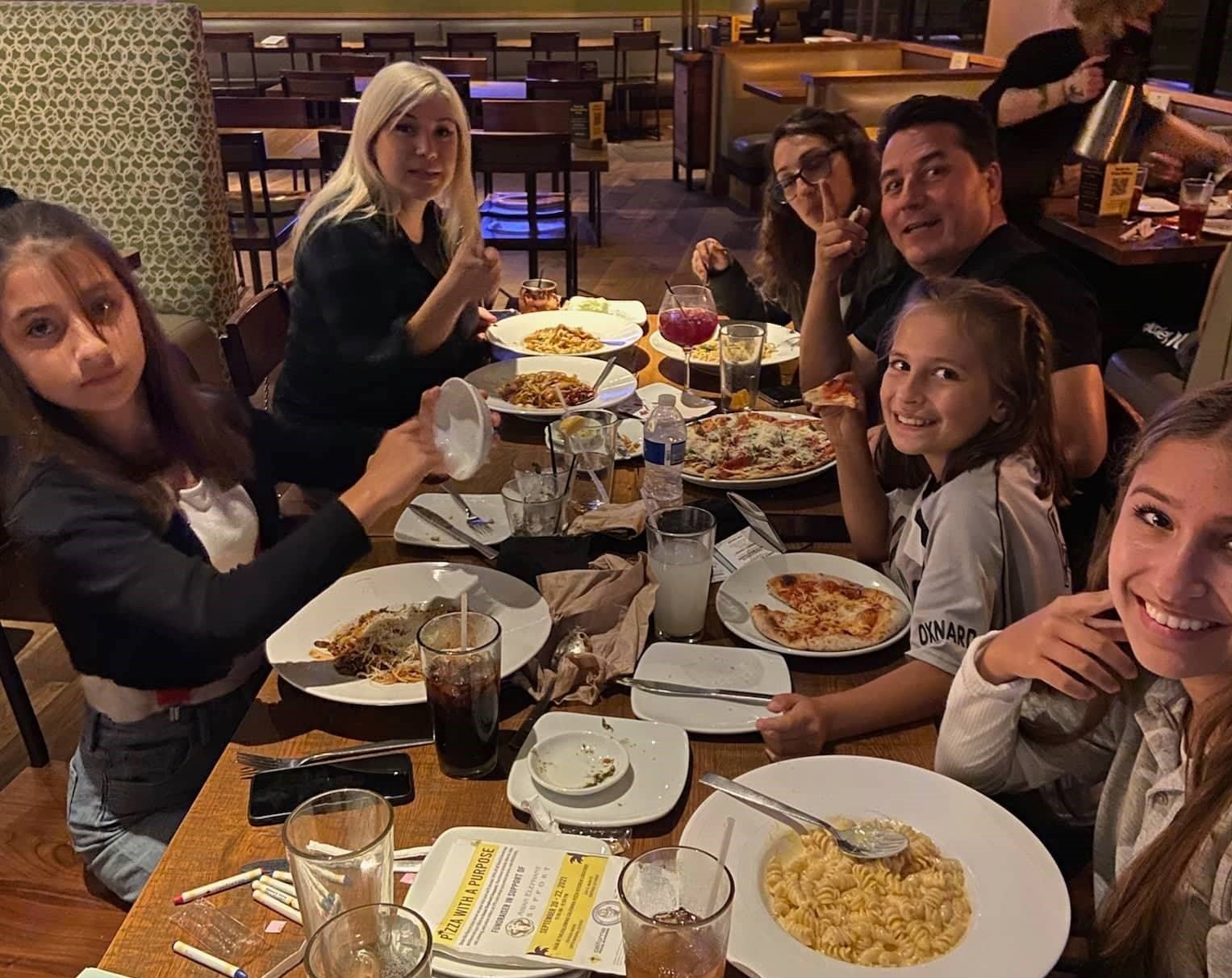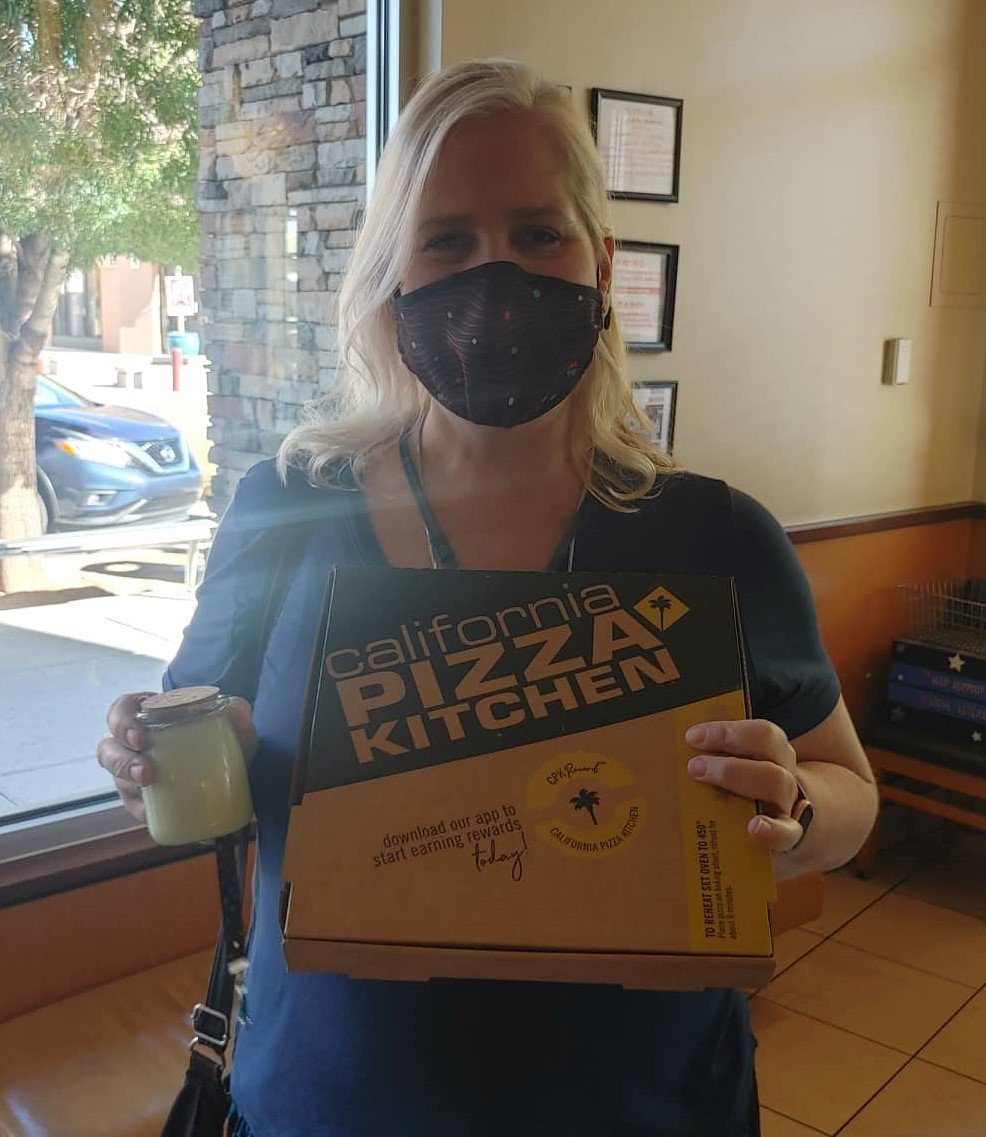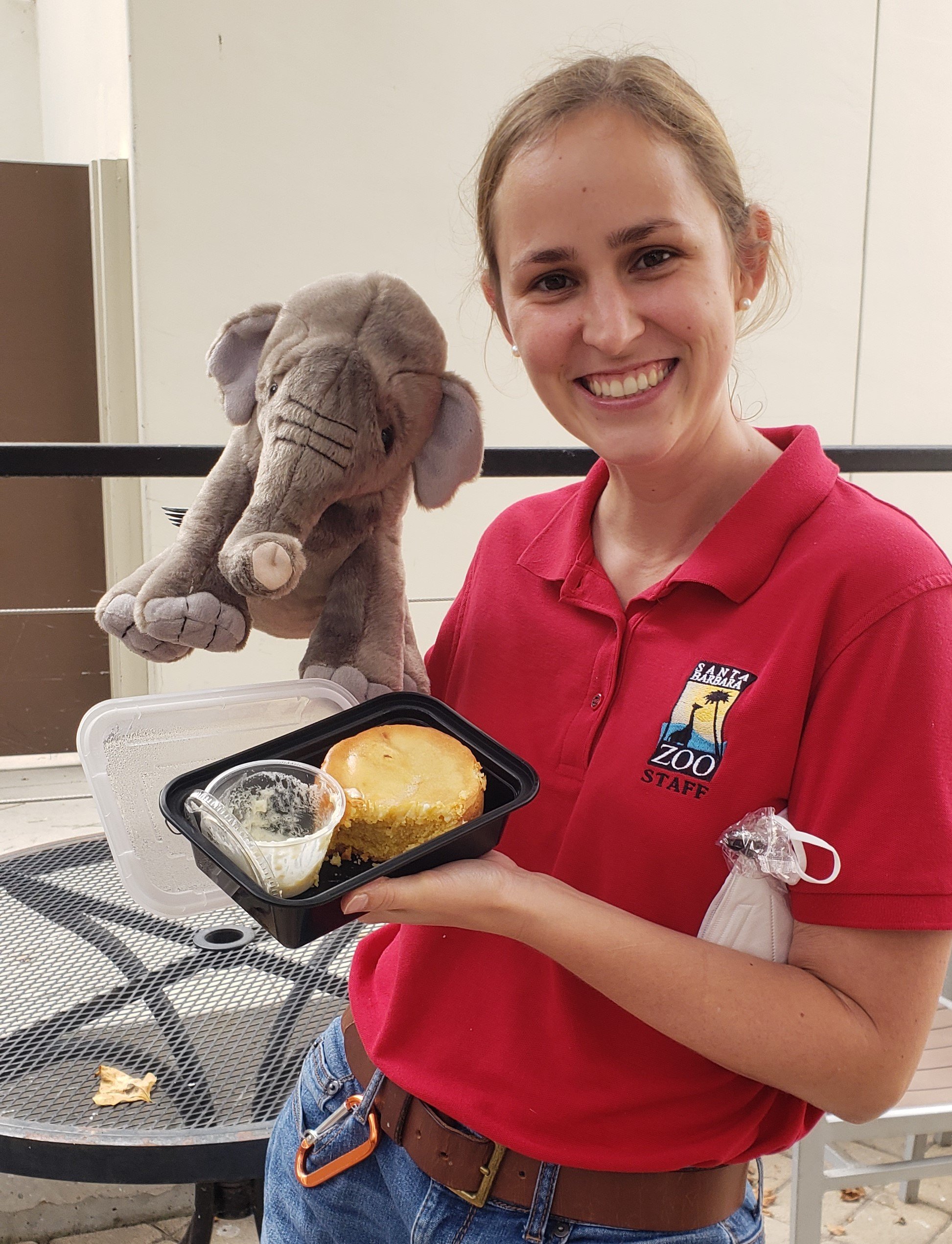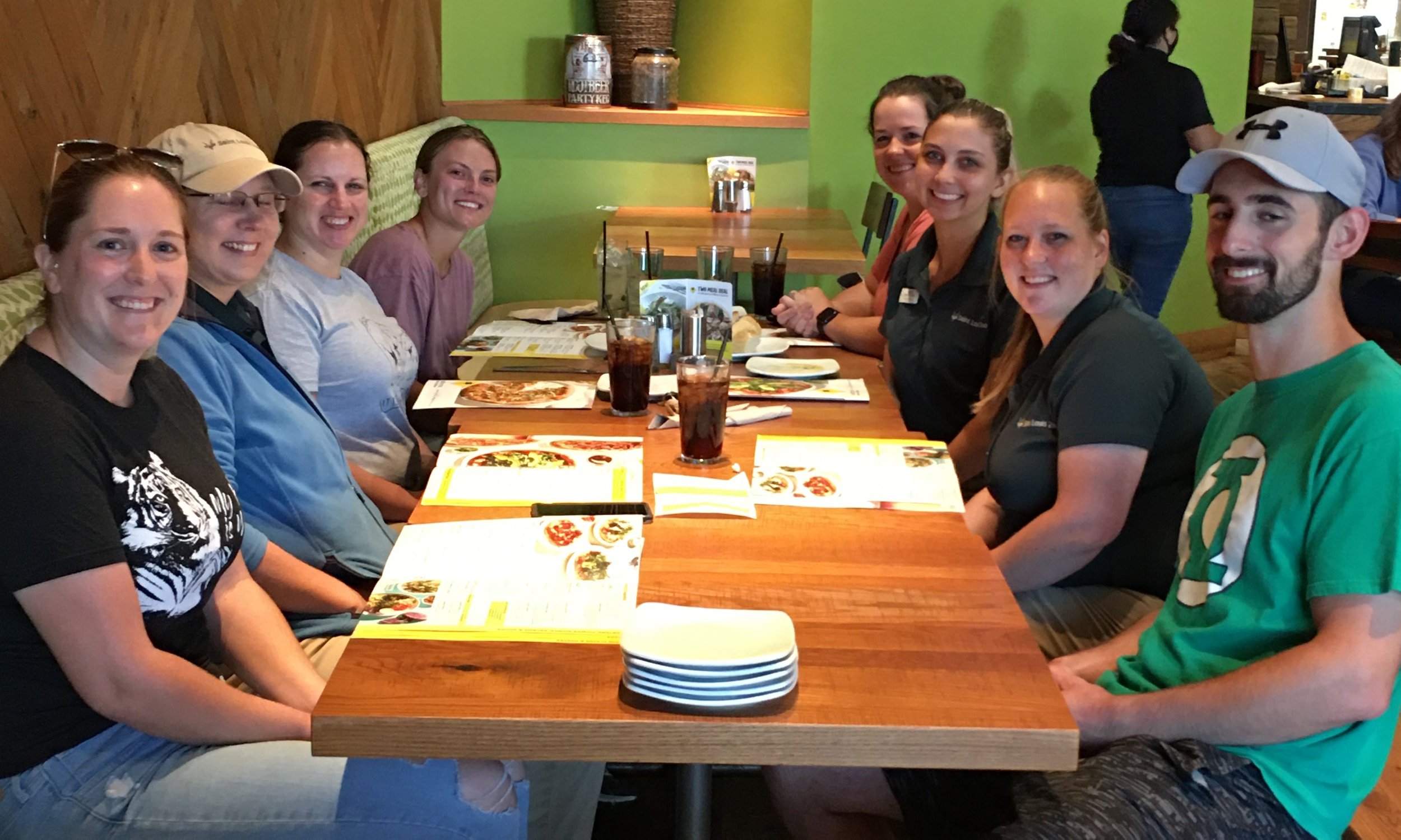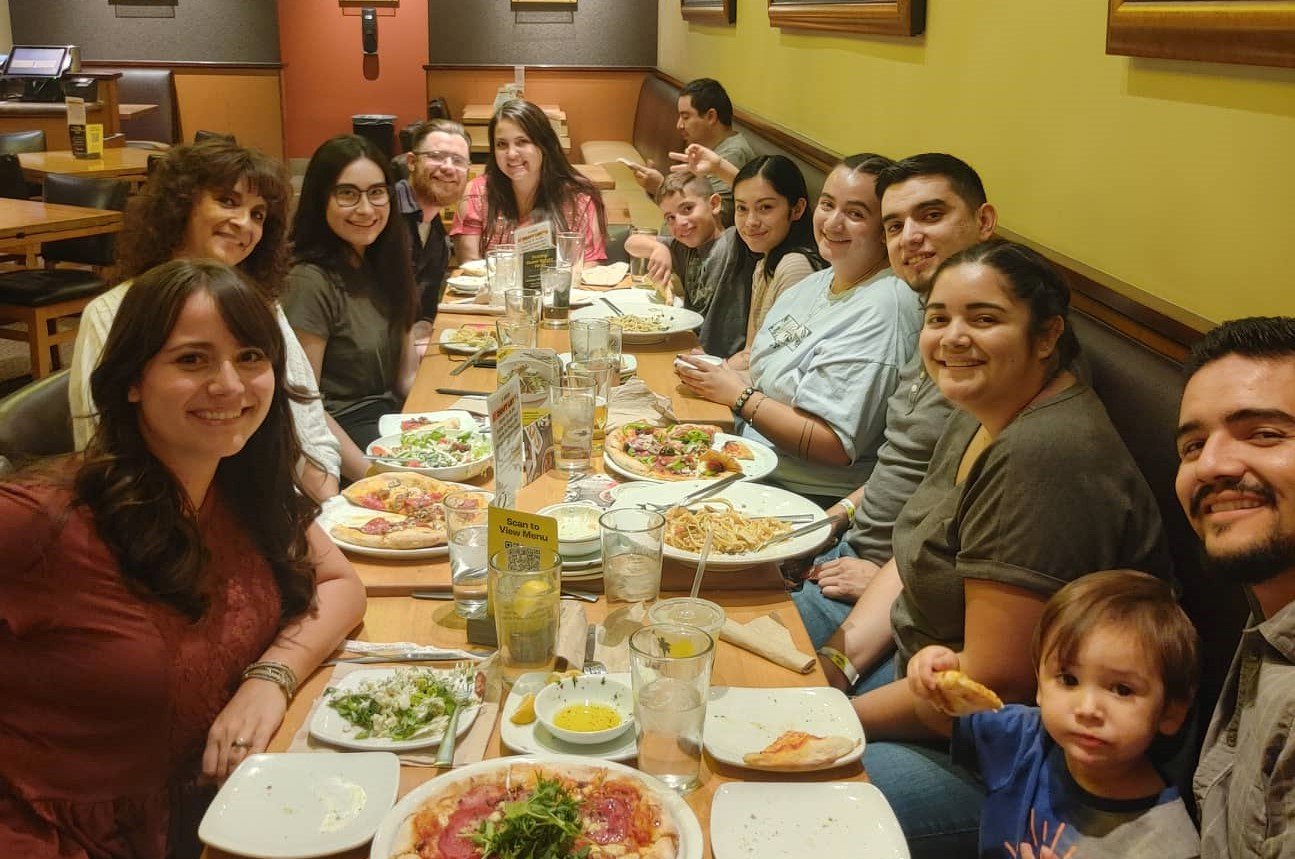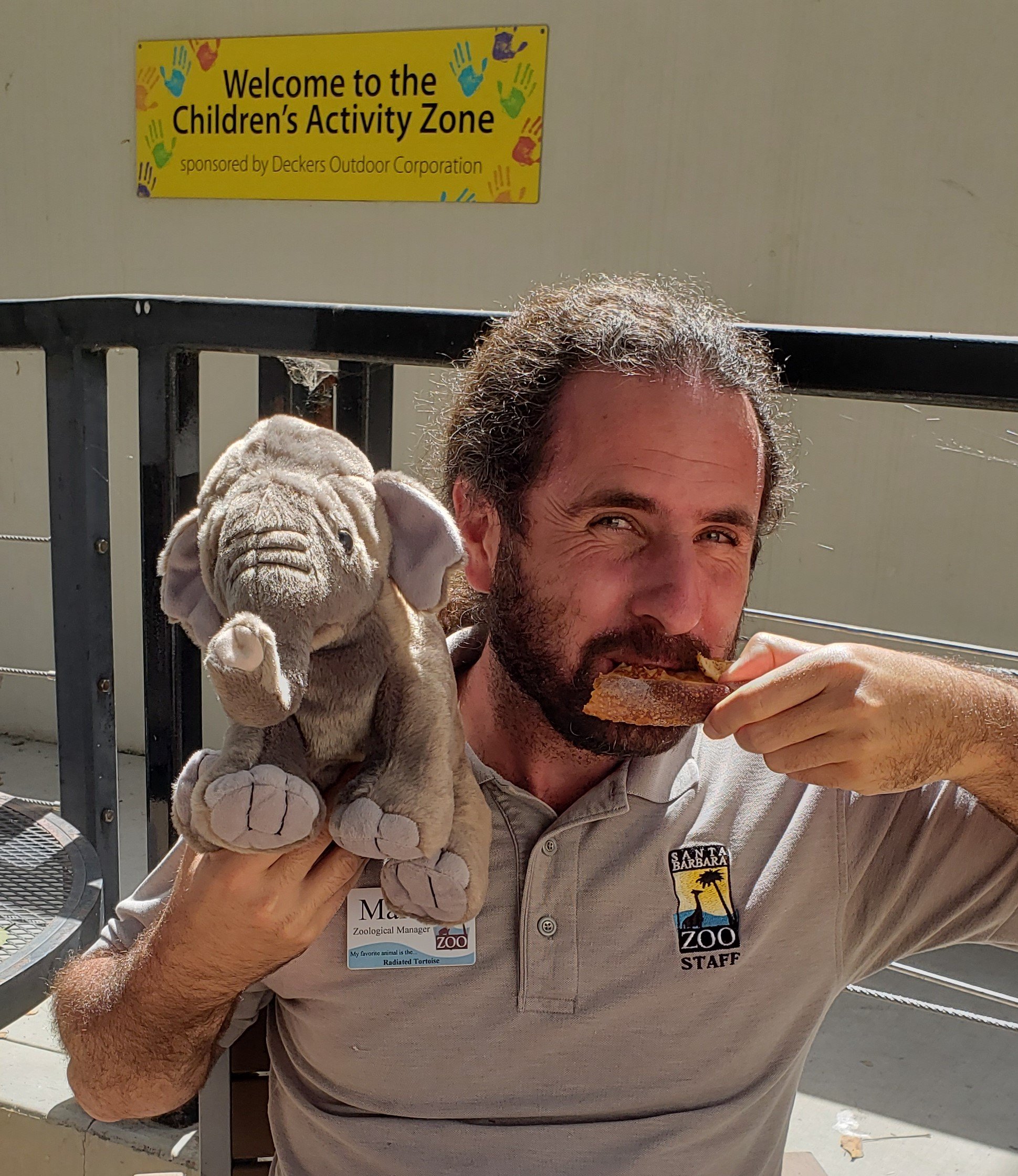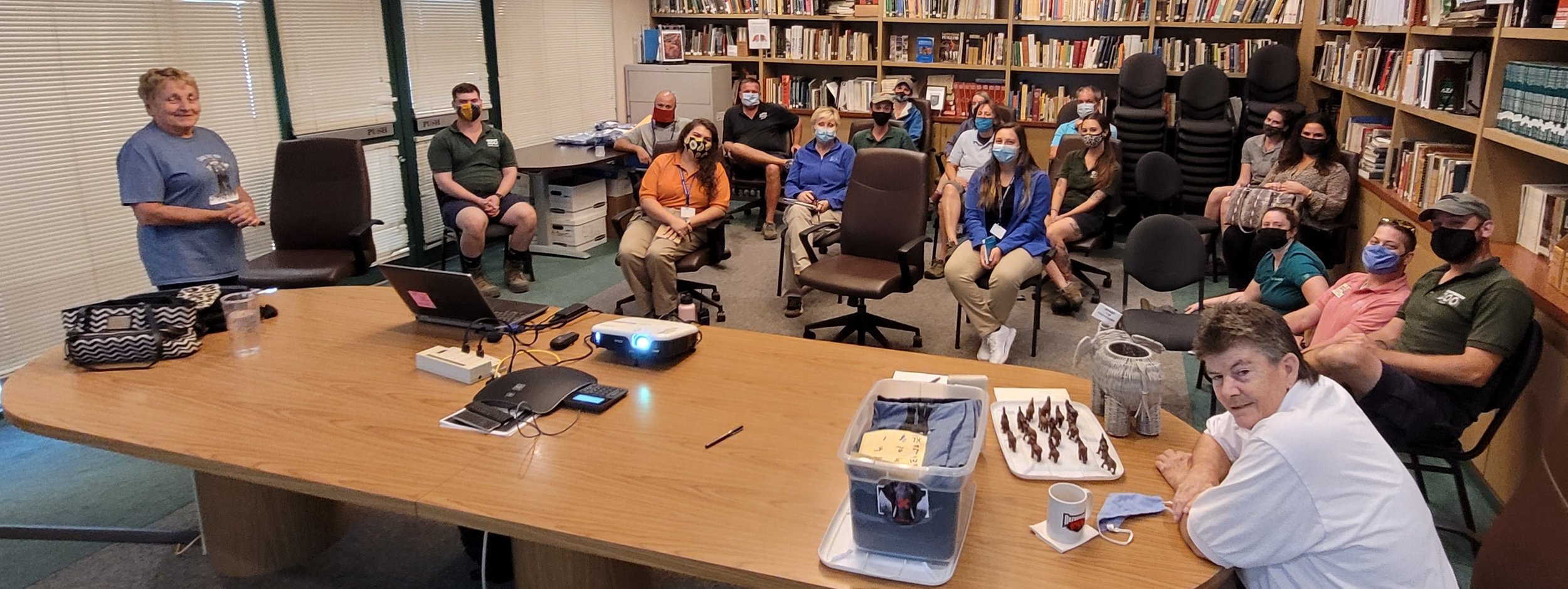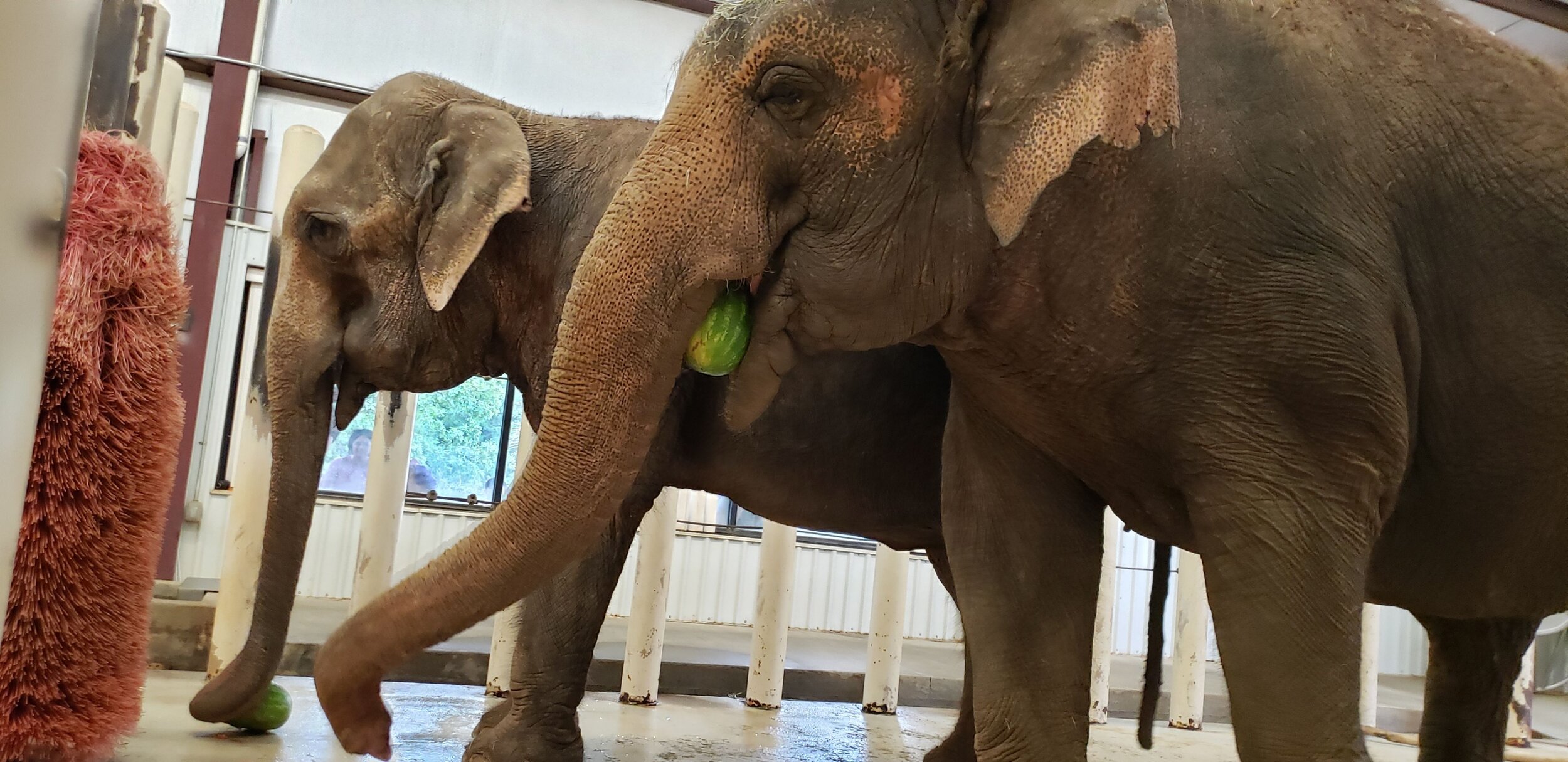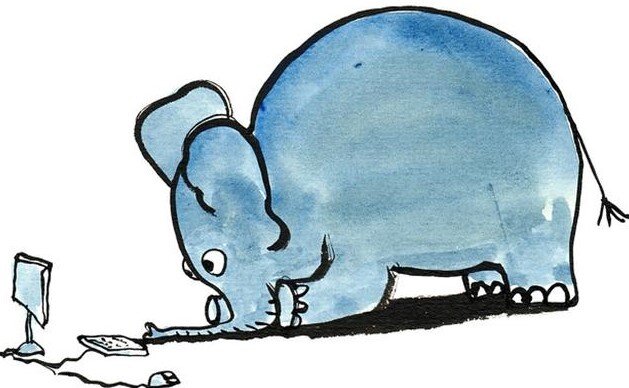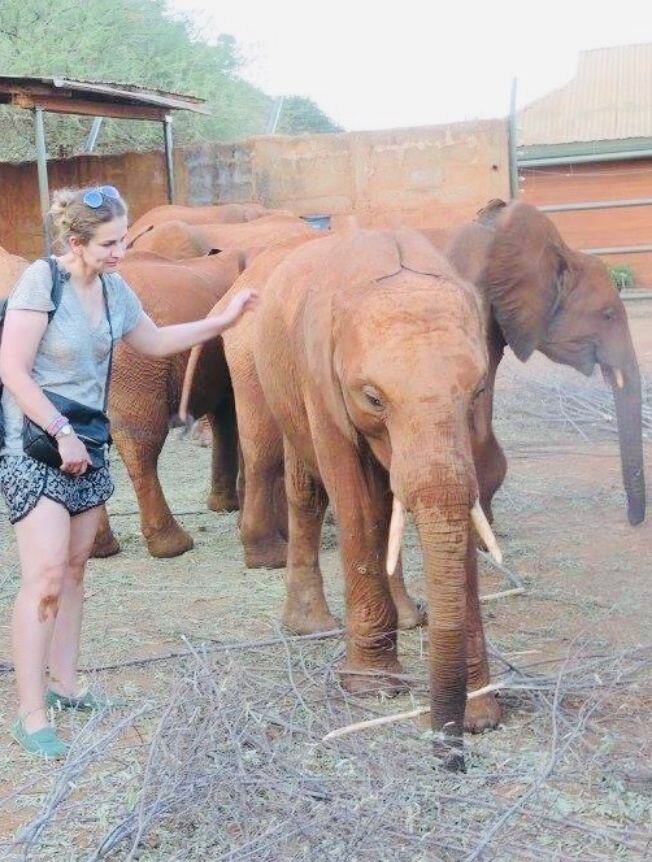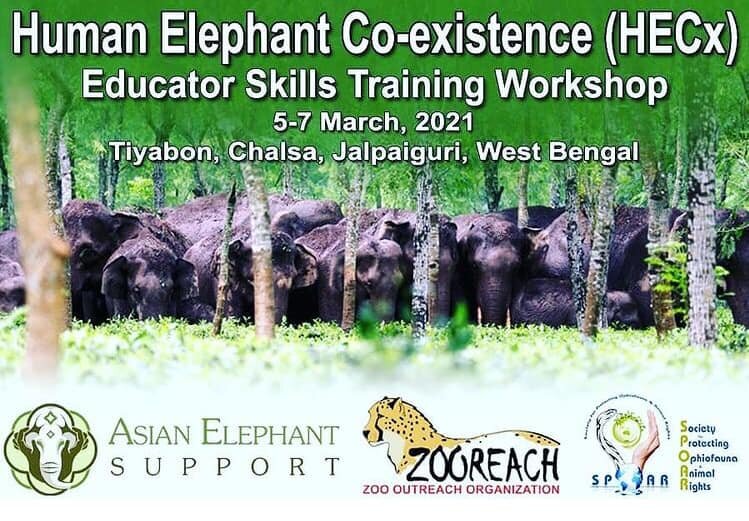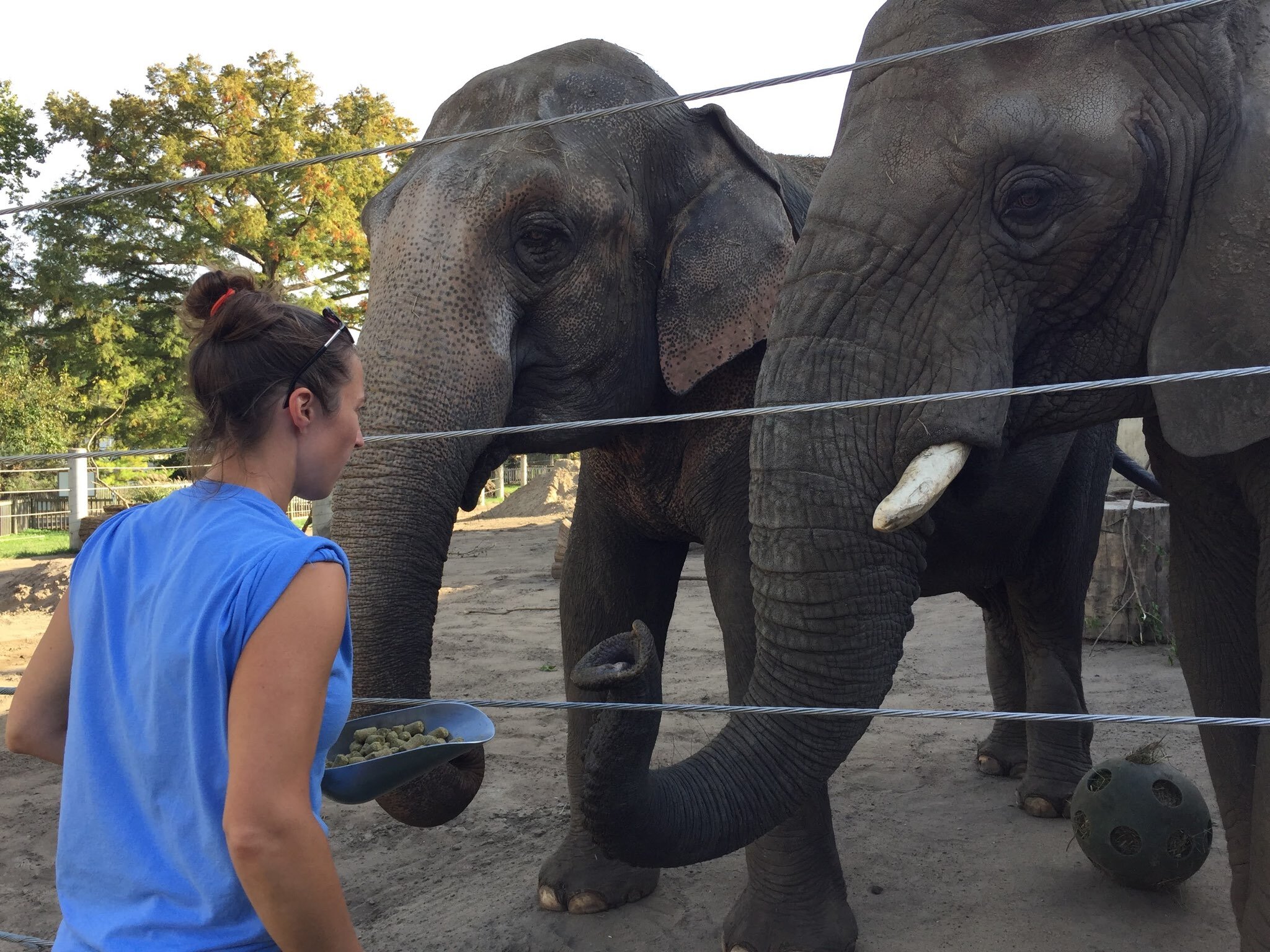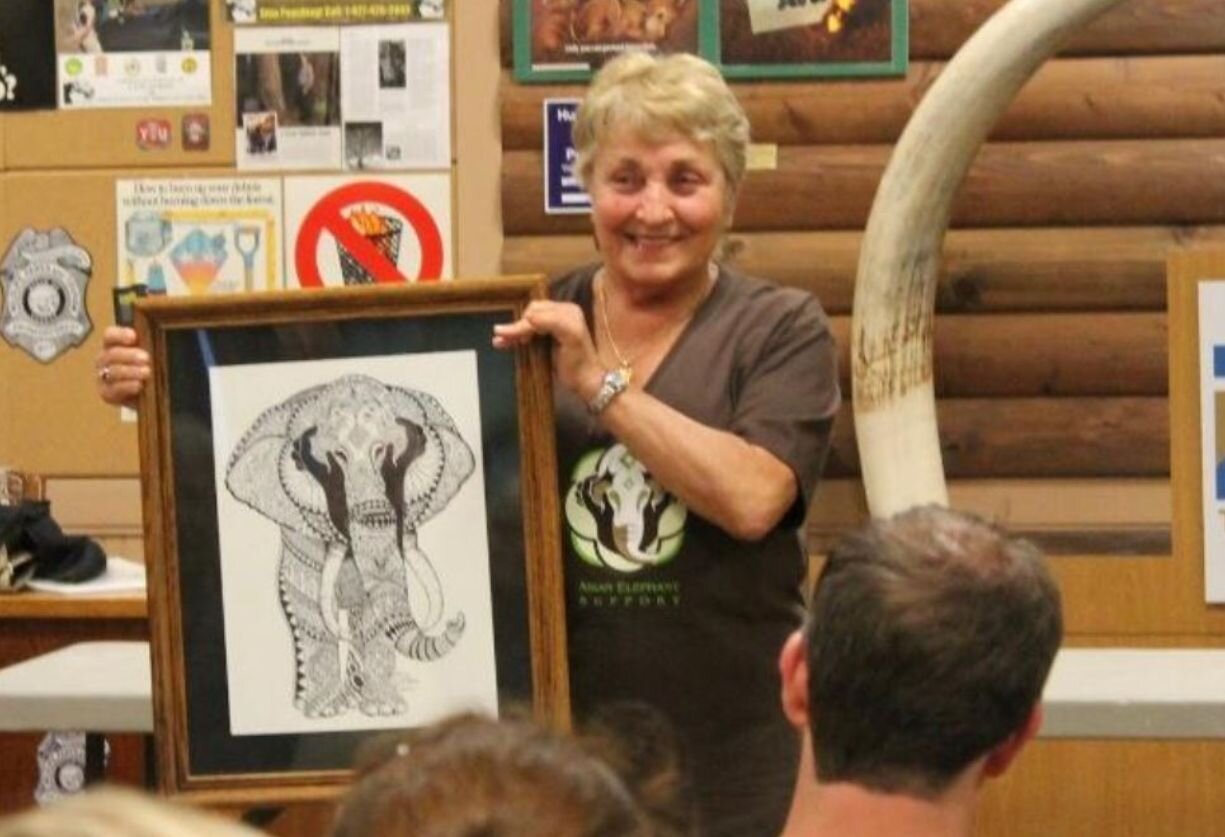Our Chiang Mai University’s Mobile Vet Unit veterinarian team was spread around Thailand yet again in the month of September and they teamed up with the DLD, Department of Livestock Development, for many of the visits, doing health checks for over 300 elephants. September 6 and 7, the CMU vets and the DLD did health checks in the Hod-Omkoi area, followed by a trip to Mae Chaem on September 13-15. Finally, they ended their health checks in the Mae Wang area on September 20-22 and September 28.
In the April AES Newsletter we reported on this elephant that suffered chemical burns to the mouth
During those health checks, the veterinarians checked on an elephant who had been treated for coming into contact with herbicide, and she has made a full recovery. They also implanted a microchip into a young elephant and did other microchip checks as well.
On September 25, the CMU vets traveled to the Hod district to help an owner of an elephant who’s bull had gone into musth early and had gotten away from the owner. The elephant was not safe being around a nearby village going into musth, so it was critical to safely retrieve the bull. Eventually, the bull was brought back to the owner and the doctors were able to do a health check on the elephant to make sure he wasn’t injured. They also spent some time with the owner educating him on bull management.
Another stop that the CMU Mobile Vet Clinic made in September was, again, in Mae Wang area, to make a follow up visit to an elephant named "Grandma". She was given a tetanus toxoid booster, and they checked on a facial abscess, which they are waiting until next month to drain the purulent material from.
Finally, they made a trip to the Pai area on September 20 to check a female elephant with a corneal ulcer in her eye, resulting from being hit in the eye with bamboo while foraging in the forest. The vets wanted to treat this eye issue quickly as it is a fast moving issue if untreated. She was treated with antibiotics and pain relievers, with a plan to follow up with her in one week.
On September 27, the veterinarians returned for a re-check and found that her eye was healing, thanks to the application of autologous serum and the actions of the owner and the vet assistant. Autologous serum is derived from blood and can be used to treat a number of ocular issues including abrasions
As the tireless work of the CMU veterinarian team continues, we will be sure to bring you their stories and keep you updated on their mission to care for the elephants of Thailand.
If you would like to make a contribution to their mission, please donate today!












